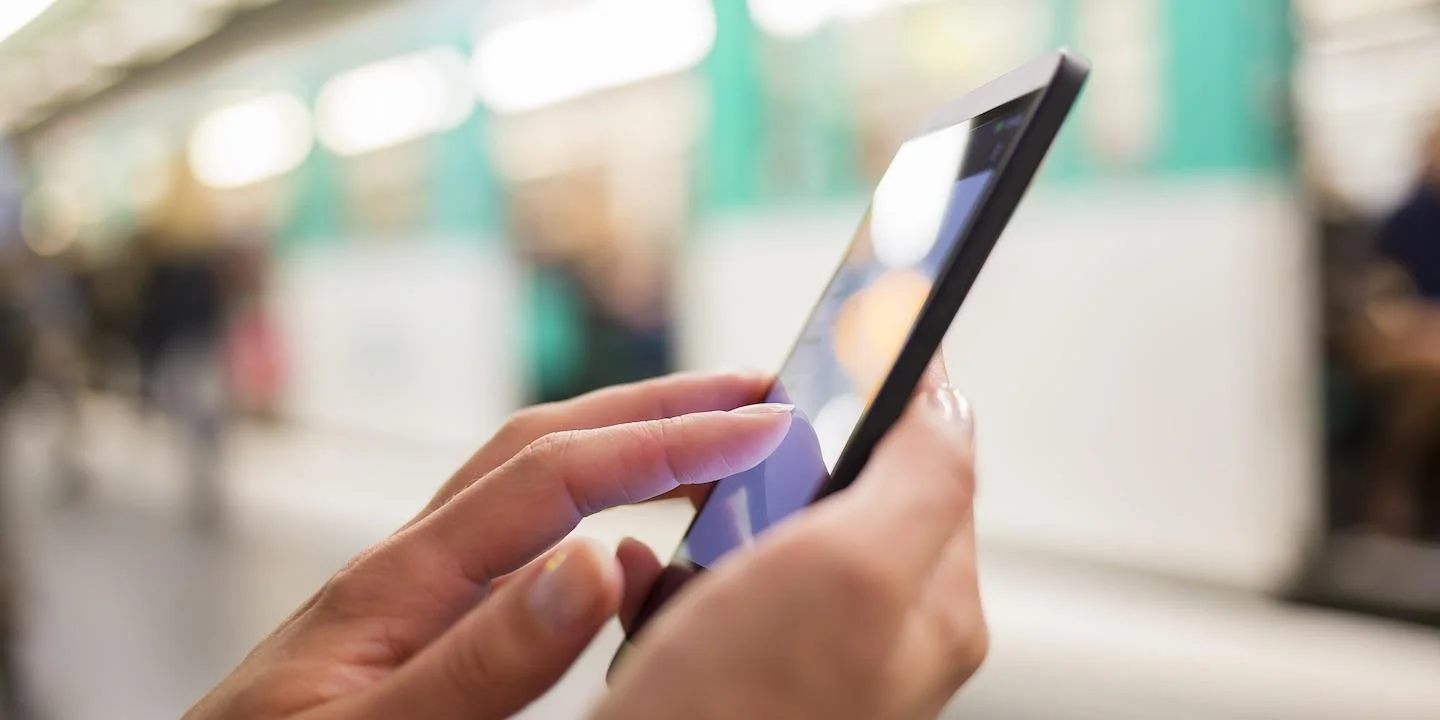WEST PALM BEACH — A South Florida Appeals Court ruled on Dec. 7 that the Sunrise City Police needed a search warrant to go through a personal cellphone of a young man involved in the case of a stolen car.
The Sunrise Police retrieved the cellphone while stopping two individuals for speeding. As police later learned, both the car and phone had been stolen and the phone belonged to a juvenile, identified only as K.C., who was booked for theft. Both men fled the scene of the traffic stop, which is where the Sunrise Police retrieved the phone from the car.
Following the retrieval of the phone, a police detective at Sunrise unlocked the phone and determined the owner of it. The phone did have password protection enabled on it, but the detective was able to unlock it and he did.
Consequently, in a length ruling by the South Florida Appeals Court, they found agreement with the young man's arguments and testimony regarding the need for a search warrant in the case of retrieving personal cellphones. During his testimony, he said that the police going through his phone was a breach of privacy and an infringement on his citizenship rights.
Elizabeth White, attorney at Shepard White Law Firm, told the Florida Record that the ruling rested on the question of an expectation of privacy. "They definitely need a warrant because a telephone is like a computer," she said. And the state of Florida was "one of the first to recognize a phone is like a computer," White said.
White explained a cellphone is "where you hold your doctor's appointments, banking information and many other important information." She added that our cellphones are very important to us and we often hold private information on them.
Prior to the Florida Supreme Court ruling, police officers were "seizing phones without warrants," White said.
While that was allowed, police could legally go through cellphones obtained from any case and look into all the private information on the phone.
Since the Florida Court of Appeals changed that law, the United States Supreme Court followed suit and changed the federal laws concerned with this as well, where now it is illegal for police to go through a phone without a warrant.
White explained that the problem now is not a search warrant, but that police offers are "trying to say they saw information" on the phone while glancing at it, and that they actually did not unlock it — as that would be illegal. They are finding loopholes in the law that gives them an advantage in cases, she added.
Additionally "police personnel are trying to convince people to have consent, where they said they adequately advised you of your rights regarding the phone," White said.
This newly changed law allows people to "have a private function with their phones," White said.
Now, for cases where a cellphone is used as evidence and there is a password on it, police will still need a warrant, White said. Even if "there is probable cause to search it," police will still need that documentation.
